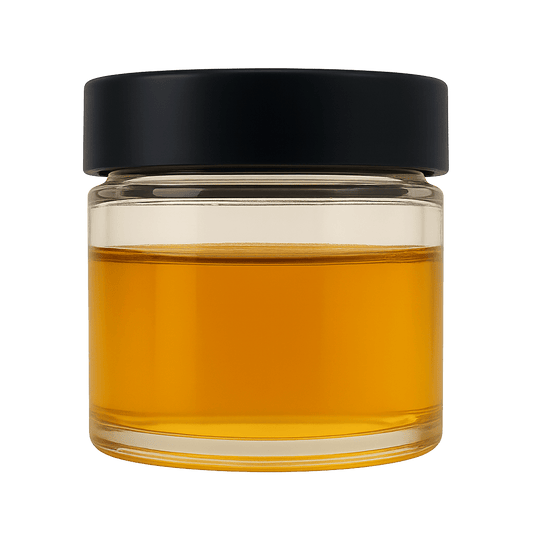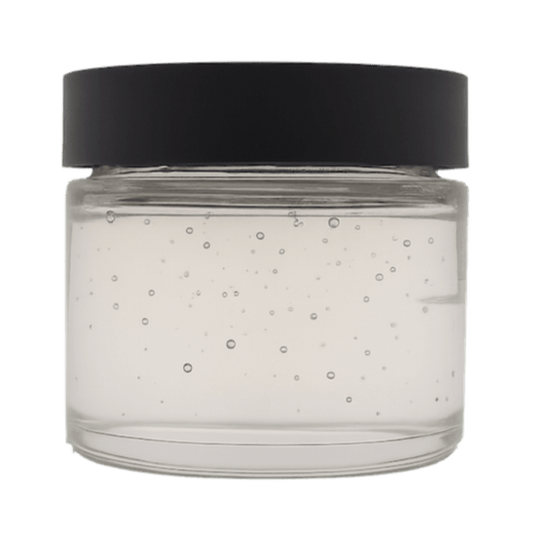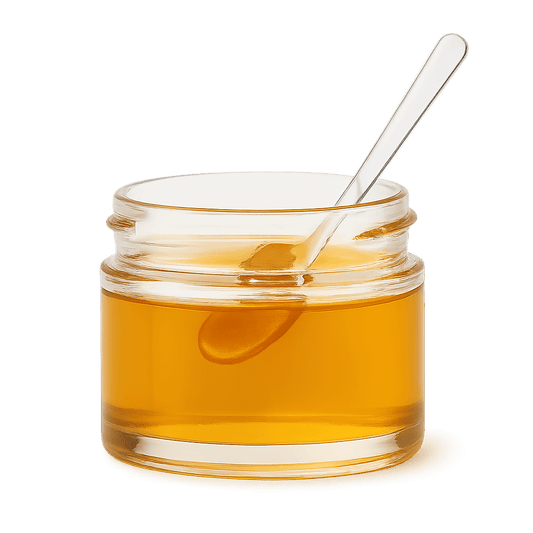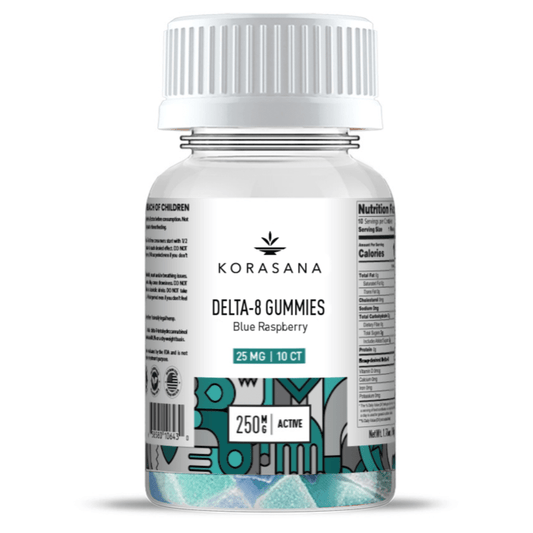Is Delta 8 THC Legal in New Hampshire?
YES - Delta 8 THC is Legal in New Hampshire
Delta-8 THC is heavily regulated in New Hampshire. Currently, the state only allows products with a total THC of 0.3%. The state passed a bill on August 8, 2023, prohibiting hemp products from containing more than 0.3% of any form of THC. This includes Delta 8, making it so restricted in New Hampshire that essentially no commercial products containing Delta-8 can be sold legally.
Legal Status of Delta 8 in New Hampshire
To provide more detailed information about the legality of Delta 8 THC in New Hampshire, let's look at the specific sources and laws that govern its status:
-
New Hampshire's House Bill 272: This bill, passed on August 8, 2023, explicitly addresses the regulation of hemp products within the state. According to the bill, hemp products are defined as legal only if they contain 0.3% or less of total THC, which includes all isomers of THC such as Delta 8, Delta 9, and Delta 10 THC. This legislation aligns with the federal definition of hemp, as established by the 2018 Farm Bill, but goes further to specifically limit the total THC content across all THC isomers, not just Delta 9 THC which is commonly restricted. This effectively makes Delta 8 products illegal if they contain more than the 0.3% THC threshold.
-
Federal vs. State Law Considerations: The federal 2018 Farm Bill legalized hemp and hemp-derived products that contain less than 0.3% Delta 9 on a dry weight basis. However, it did not explicitly address Delta 8, leading to a gray area that some states, including New Hampshire, have clarified through their own legislation. New Hampshire's approach to regulating all THC isomers under a collective total THC limit is a stricter interpretation than some other states, reflecting a cautious stance on psychoactive cannabinoids derived from hemp.
-
Enforcement and Legal Implications: The enforcement of this law in New Hampshire means that any sale, production, or possession of D8 THC products exceeding the 0.3% total THC limit could be subject to legal penalties. This has significant implications for businesses and consumers dealing with hemp-derived products, pushing the need for careful compliance with state-specific regulations.
HB 459-FN - FINAL VERSION
CHAPTER 439-A–HEMP
IV. “Hemp products” means all products made from hemp, including cloth, cordage, fiber, food, fuel, paint, paper, construction materials, plastics, seed, seed meal, seed oil, and certified seed for cultivation.
V. “Hemp” means the plant Cannabis sativa L. and any part of the plant, whether growing or not, with a delta-9 tetrahydrocannabinol concentration (THC) of not more than 0.3 percent on a dry weight basis.
CONTROLLED DRUG ACT
306:3 Marijuana; Hemp Exception. Amend RSA 318-B:2-c
(a) “Marijuana” includes the leaves, stems, flowers, and seeds of all species of the plant genus Cannabis, but shall not include the resin extracted from any part of such plant and every compound, manufacture, salt, derivative, mixture, or preparation from such resin including hashish, and further, shall not include the mature stalks of such plant, fiber produced from such stalks, oil or cake made from the seeds of such plant, any other compound, manufacture, salt, derivative, mixture, or preparation of such mature stalks, fiber, oil or cake, or the sterilized seed of such plant which is incapable of germination. Marijuana shall not include hemp grown, processed, marketed, or sold under RSA 439-A.
306:4 Therapeutic Cannabis; Hemp Excepted. Amend 126-X:1
III. “Cannabis” means all parts of any plant of the Cannabis genus of plants, whether growing or not; the seeds thereof; the resin extracted from any part of such plant; and every compound, salt, derivative, mixture, or preparation of such plant, its seeds, or resin. Such term shall not include the mature stalks of such plants, fiber produced from such stalks, oil, or cake made from the seeds of such plants, any other compound, salt, derivative, mixture, or preparation of such mature stalks (except the resin extracted therefrom), fiber, oil or cake, or the sterilized seeds of such plants which are incapable of germination. In this chapter, cannabis shall not include hemp grown, processed, marketed, or sold under RSA 439-A.
In summary, New Hampshire's legal stance on Delta 8 THC is guided by House Bill 272, which sets a stringent limit on total THC content in hemp products, effectively banning most commercial Delta-8 products. This legislative action reflects a broader trend of states individually addressing the regulatory gaps left by the federal legalization of hemp, with varying degrees of restriction on different THC isomers
The information provided on this website does not, and is not intended to, constitute legal advice or any statements regarding the status of any laws. The information, content, and materials present on this site are for general informational purposes only and should not be relied upon for any specific purpose. Laws vary across different states and are subject to change. Therefore, information on this website might not reflect the most recent legal or other developments. Read our full legal disclaimer HERE.






